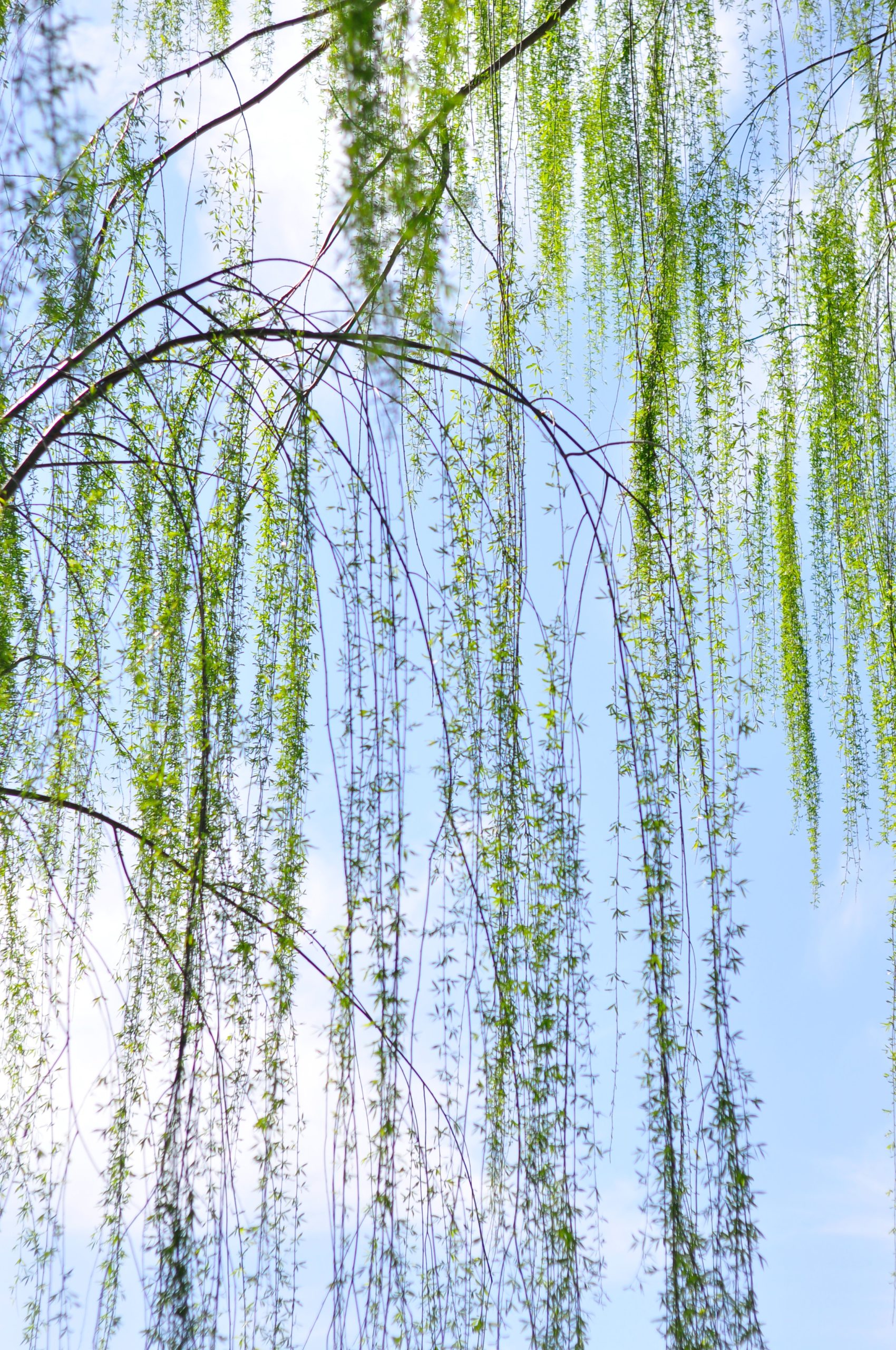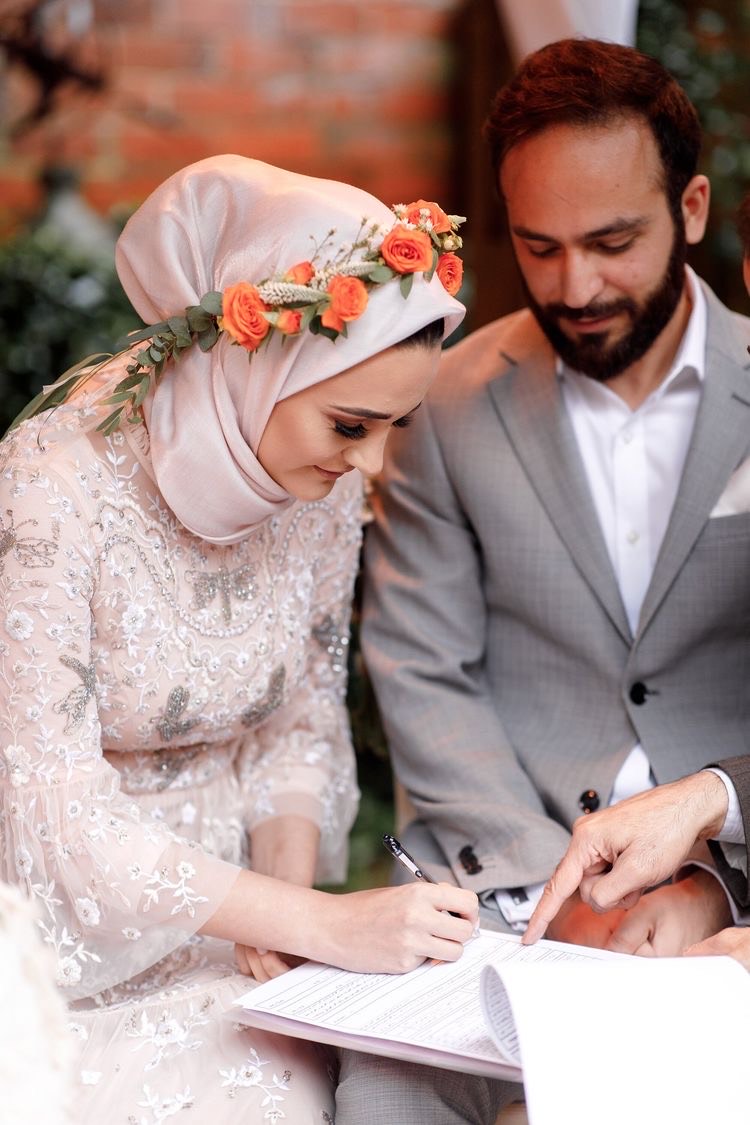“The Tone-Up” amplifies the voices of Muslim women who have something exclusive about Muslim women to talk or rant about. In this instalment, Fadilah Ali addresses the reductionist perception of women in Muslim communities
A few days ago, a very reductionist assertion on the status of Muslim women became the topic of discussion on Twitter. The original poster of the tweet asserted that the status of a Muslim Woman revolves around her proximity to the men in her life; that when she is a daughter, she becomes the reason for her father to enter Jannah, that when she is a wife, she completes half a man’s deen, and that when she is a mother, Paradise lies under her feet. The originators of claims like these either do not know better or are deliberately making attempts to push a certain problematic narrative.
While all of it is true and can be traced to the Prophet ﷺ, they should never be used as the be-all and end-all of a woman’s existence. The fact that these points are all taken and understood out of context, and that they cannot be found in the Qur’an and Sunnah as the markers of the status of women in Islam must make one wary of lists like this. Muslim women throughout the ages have excelled in various capacities that transcend being daughters, wives and mothers. While this is not to detract from the merit of daughters, wives, and mothers, we must also not ignore the multitudes of amazing women throughout the ages who fall into neither of these descriptions.
Contextualising the Narrative
As for being a daughter, several authentic narrations emphasize the blessings of having a daughter. When a man becomes a father to a girl, he is charged with taking care of her, giving her education, treating her equally with her brother, and giving her a proper upbringing. Only then will he be admitted into Jannah.
To properly appreciate the Prophet’s ﷺ saying on this, one must look into the historical context of the time. At a time when people had barely stopped burying their unwanted daughters alive; when women were not allowed to inherit property from their fathers and husbands; when they couldn’t even own property, the Prophet ﷺ strove to put an end to all these practices, teaching men the proper way to treat women. If that isn’t revolutionary, I don’t know what is.
It can thus be observed that the Prophet ﷺ didn’t say anything about the blessings of having boys because it had always been the norm that male children were valued. Also, it is observed that although the promise of Jannah for those who treat women well was directed to men, this reward is not exclusively men’s. If both the father and the mother of a girl child bring up their daughter with love and care, then God willing, they will both be admitted into Jannah. The Prophet’s ﷺ address was exclusively directed to men because of the negative socio-cultural attitude of most men of the time with regards to women.
The issue of a woman fulfilling half of a man’s deen is not a one-way thing. By marrying a man, she fulfils half of his deen in the same way he fulfils hers. There should be no intentional obfuscation of facts in this matter.
As for the blessings of motherhood, it is quite straightforward. As is commonly known, the status of a mother is especially lofty in Islam and even higher than that of a father. Since paradise lies underneath the feet of the mother, a child is therefore mandated to be dutiful to his/her parents especially the mother (Q46:V15-16) and to never speak a word of disdain to them (Q17:V23).
Now that we know about the basis for the reduction of the status of Muslim women, it becomes a must to face the elephant in the room. The big question arises: what about women who are neither daughters, nor wives and mothers? History has provided answers to this.
The Woman Without a Father
Since the beginning of time, we have had orphan girls, and girls raised by single mothers succeed in various capacities. It is a great disservice to assert that these girls are less important simply because they have no fathers.
Without a father, a woman is highly valued as a full human being with agency and can be as righteous, devout and honourable as our mother Hawwa (PBUH). Despite her mistake with our father Adam (PBUH), when they ate the fruit which they had been forbidden to eat, she admitted her wrong and sought the forgiveness of God. A strong woman is one who when she makes mistakes, owns up to her mistakes, and strives to make amends. Hawwa (PBUH) was no less valued than our father Adam (PBUH) nor any other man in the world.
The Woman Without a Husband
Maryam bint Imran (PBUH), the mother of Isa (PBUH) was never married. She is regarded as one of the best women who ever walked this earth. She is praised and honoured several times by Allah in the Qur’an, yet she never had a husband.
God extolled her virtues even before the miraculous birth of her son Isa, one of the greatest prophets to have ever lived. “And when the angels said: O Mary! Surely Allah has chosen you and purified you and chosen you above the women of the world.” (Q3:V42). She was a virtuous and dignified lady who devoted her life to worshipping Allah and studying his revelations, as mentioned in Q66:V12,
“And Mary the daughter of Imran, who guarded her chastity; and We breathed into (her body) of Our spirit, and she testified to the truth of the words of her Lord and of His Revelations, and was one of the devout (servants).”
God honoured Maryam (PBUH) as a worthy person in her own right, without mention of a husband and a child. The example of Maryam (PBUH) demonstrates that a woman without a husband can be a devout worshipper, a scholar, be the recipient of God’s favours and leave a lasting legacy of steadfastness and firm belief in God, till the end of time.
The Childless Women
Asiya the wife of Fir’awn is one of the greatest women to walk upon this earth, yet she had no child. God regarded her so highly and gave her a lofty station in paradise.
“And God sets forth, as an example to those who believe, the wife of Pharaoh: Behold she said: ‘O my Lord! Build for me, in nearness to You, a mansion in the Garden, and save me from Pharaoh and his doings, and save me from those that do wrong.’” (Q66:V11).
Also worthy of mention is that most of the wives of the Prophet (PBUH), all of whom God honoured as Mothers of the Believers were childless. And there is no question that they are amongst the leading ladies in terms of their imaan before God, and in terms of their status in the city of the Prophet ﷺ,
The most prominent of these women is Aisha (PBUH), who was not only the most beloved person to the Prophet (PBUH) in the world but was also a scholar who taught many men and women and was described as a sea of knowledge. She was a virtuous lady who prayed through the nights and fasted through the days, gave charity to the poor even when she had little, and left behind a huge legacy of Islamic scholarship.
All these women were valued before God in their own rights, by the nobility of their deeds and the strength of their faiths, not by their proximity to, or relationship with men.
With or without the presence of any man in her life, a woman can absolutely excel both in this life and the hereafter, basking in the blessings and favours of God through and through. Contrary to uninformed opinion, we see from the examples of great women, that women have the potential to be lofty and attain a much higher status in the sight of God. Thus, I conclude with a passage from the Qur’an that affirms the points made in this essay.
“Surely the men who submit and the women who submit, and the believing men and the believing women, and the obeying men and the obeying women, and the truthful men and the truthful women, and the patient men and the patient women and the humble men and the humble women, and the almsgiving men and the almsgiving women, and the fasting men and the fasting women, and the men who guard their private parts and the women who guard, and the men who remember Allah much and the women who remember—Allah has prepared for them forgiveness and a mighty reward.” (Q33:35).




